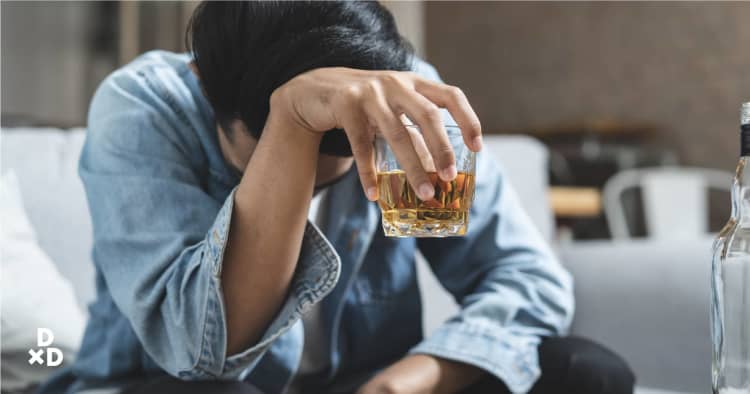Chemotherapy, simply referred to as chemo, is a very well-known and effective form of treatment for many types of cancers.
What's the downside? Most patients undergoing chemo experience wide-ranging side effects, and they can be unpredictable. Chemo drugs are unable to differentiate healthy cells from cancerous cells, since any fast-multiplying cells are affected.
The side effects you experience depend on the drugs prescribed by your oncologist. Not only do they affect how your body functions, but they can also alter your state of mind, all of which can be stressful to both patients and their loved ones.
1. Fatigue
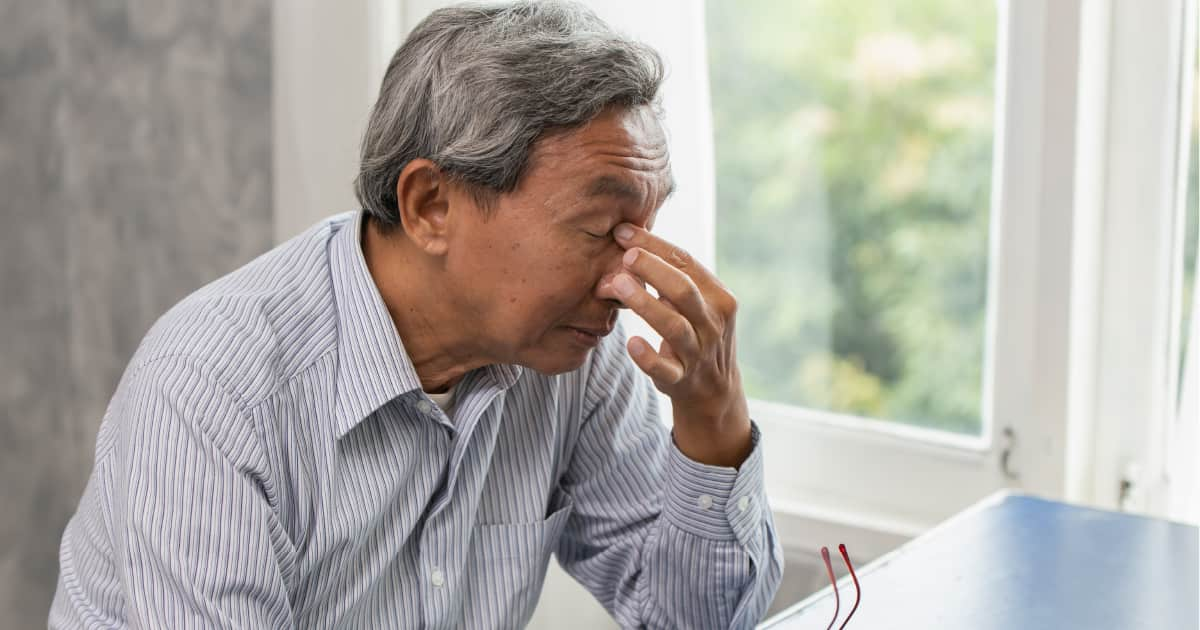
Patients often feel tired and weak during the treatment. As healthy cells are destroyed in the process of chemo, it is natural that you will feel tired.
Additionally, cancer releases proteins known as cytokines, which are known to cause fatigue [1].
2. Weakened immune system
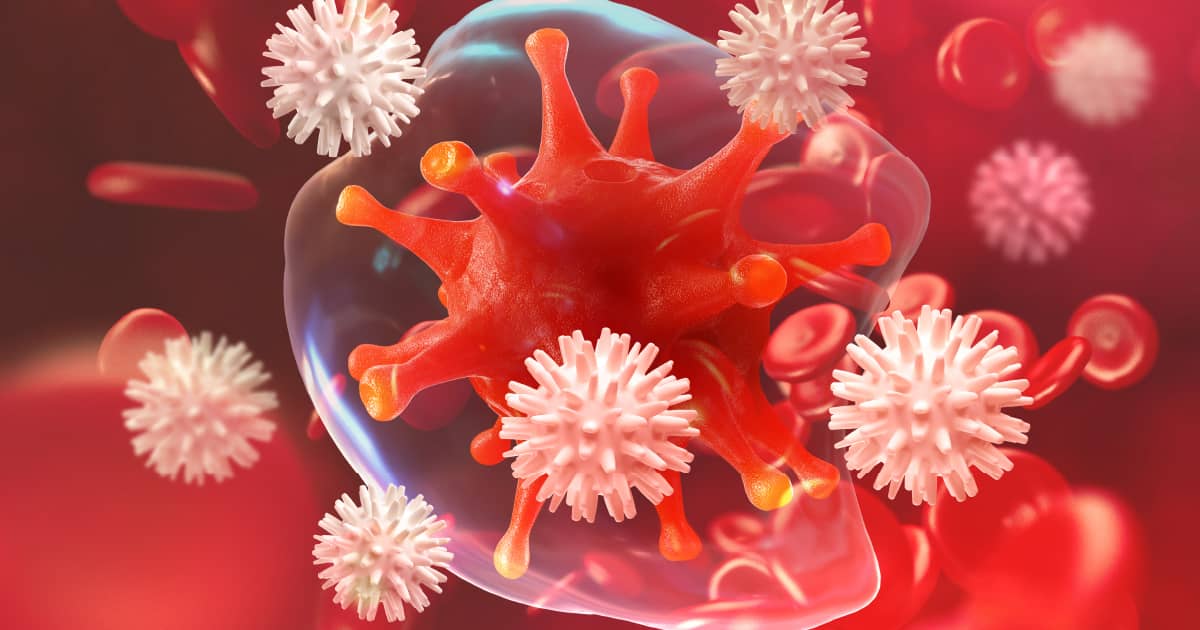
Since the chemo drugs kill your healthy cells along with the cancerous cells, your immune system becomes weaker.
When the immune system is weakened, it is less capable of fighting diseases and infections. As a result, you will fall ill much more easily.
Worse still, not only are you more susceptible to illnesses, but your body’s inability to fight off the pathogens means you stay sick for a longer time.
3. Neuropathy
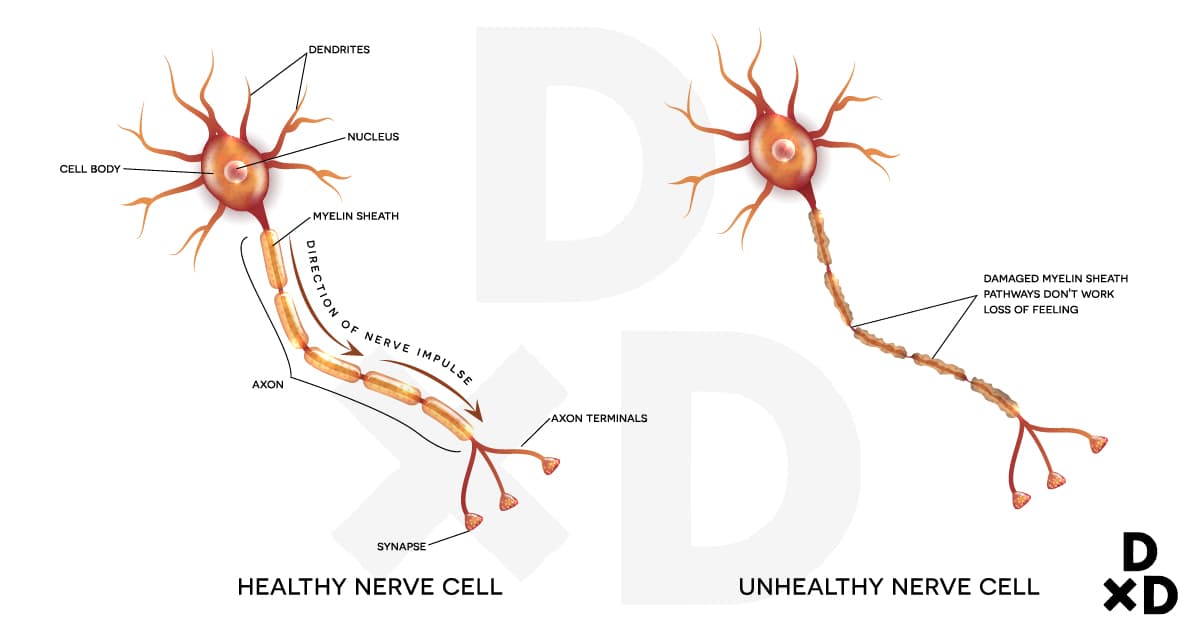
Neuropathy refers to nerve pain that is caused by nerves that are damaged. About 30% to 40% of chemo patients develop chemotherapy-induced peripheral neuropathy (CIPN) [2].
CIPN causes weakness, muscle cramps, fatigue [3] and dizziness. Sufferers will also experience:
- urinary or bowel symptoms
- irregular heartbeat
- changes to blood pressure
4. Nausea
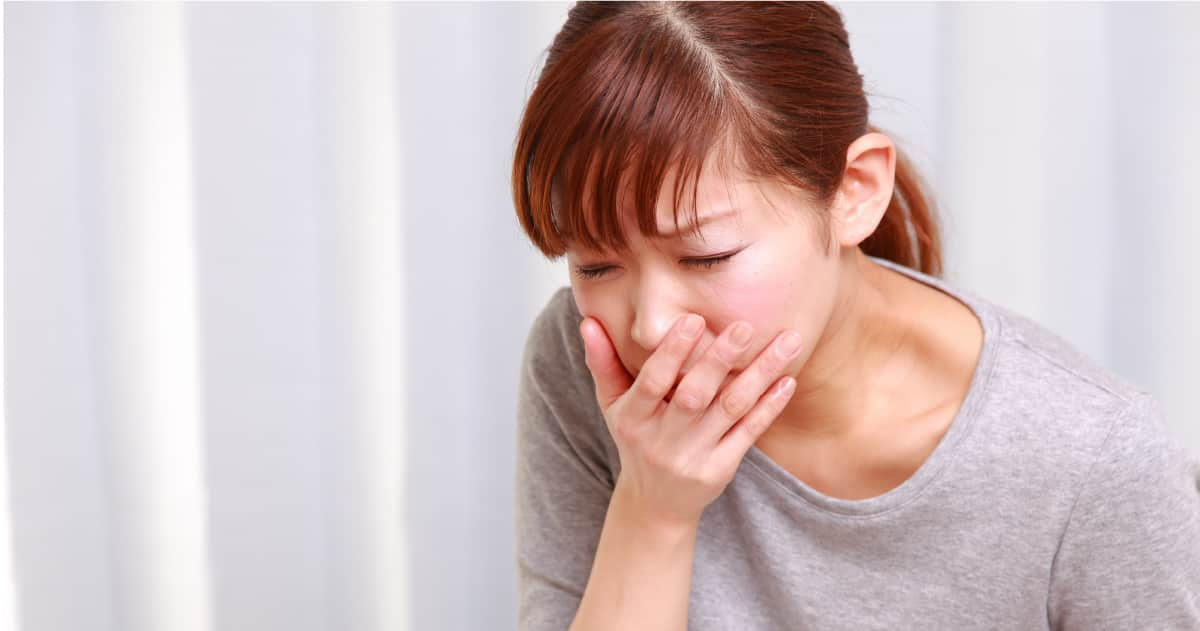
About half of cancer patients feel the urge to vomit as they undergo treatment [4]. Often, they will feel nausea immediately after a chemo session, especially when the drugs are given in high doses.
Why does this happen? The patient's brain detects chemo drugs as toxic substances and induces nausea and vomiting as a natural response to get rid of the toxins.
5. More bruising and bleeding
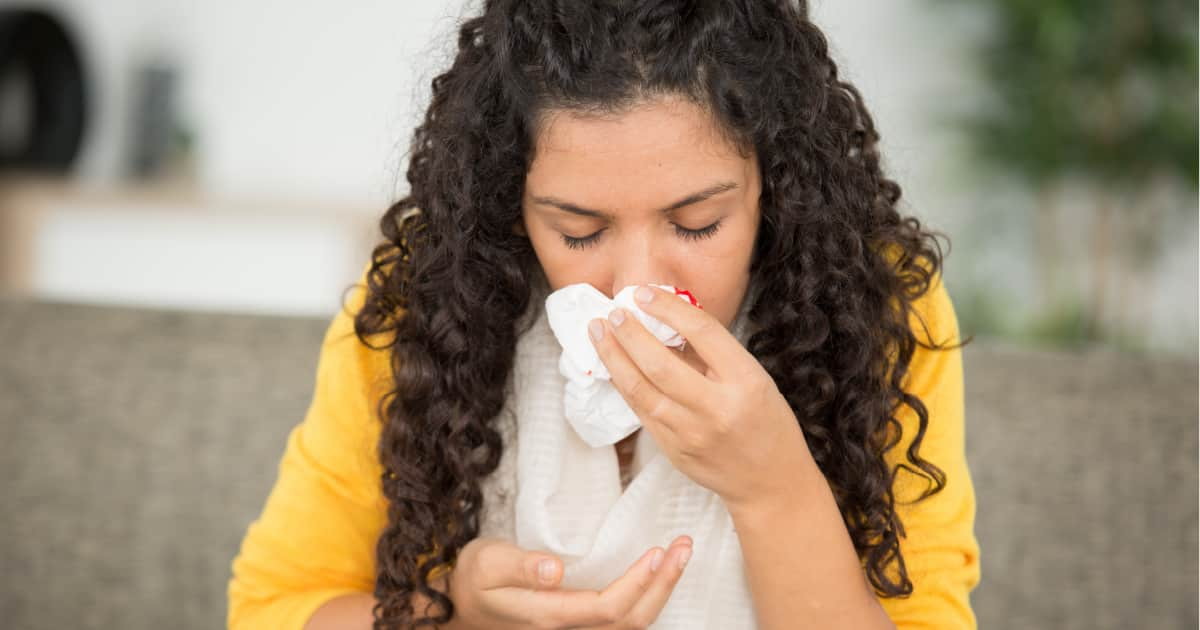
You will experience more bruising, and in more severe cases, bleeding. The common reason is that the patient has a reduced platelet count, a condition known as thrombocytopenia. Since platelets are needed to ensure that blood clotting occurs, when the platelets are reduced, clots do not form easily to stop bleeding naturally.
There are also many other possible causes of bruising and bleeding. Often, bleeding may manifest as nosebleeds, gum bleeds and blood in vomit or urine.
You may also notice that your bruises tend to be bigger and more severe than usual. As a result, you could develop hematomas: a type of bruise that forms lumps under the skin.
Also, patches of tiny red spots that look like a rash may develop [5].
6. Pain
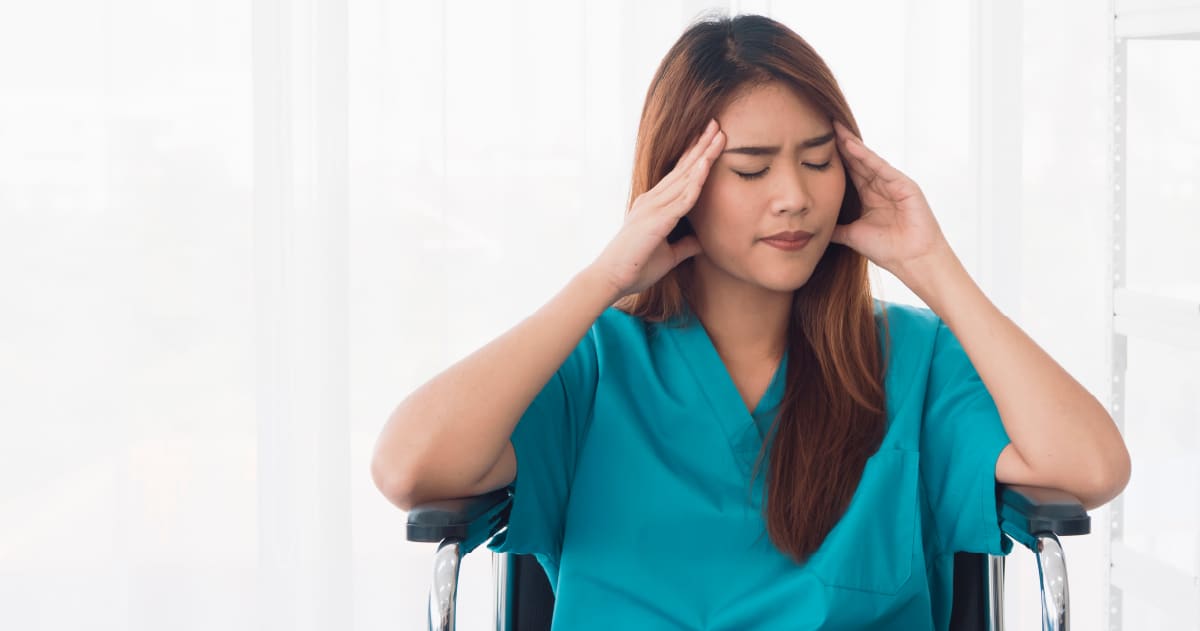
Pain often occurs during chemo, and it comes in different forms that include but are not limited to [6]:
- headaches (also possible due to stress)
- muscle, bone and joint pain
- stomach pain
- tingling
- numbness
- shooting pain
As mentioned earlier, neuropathy may also cause pain.
7. Hair loss
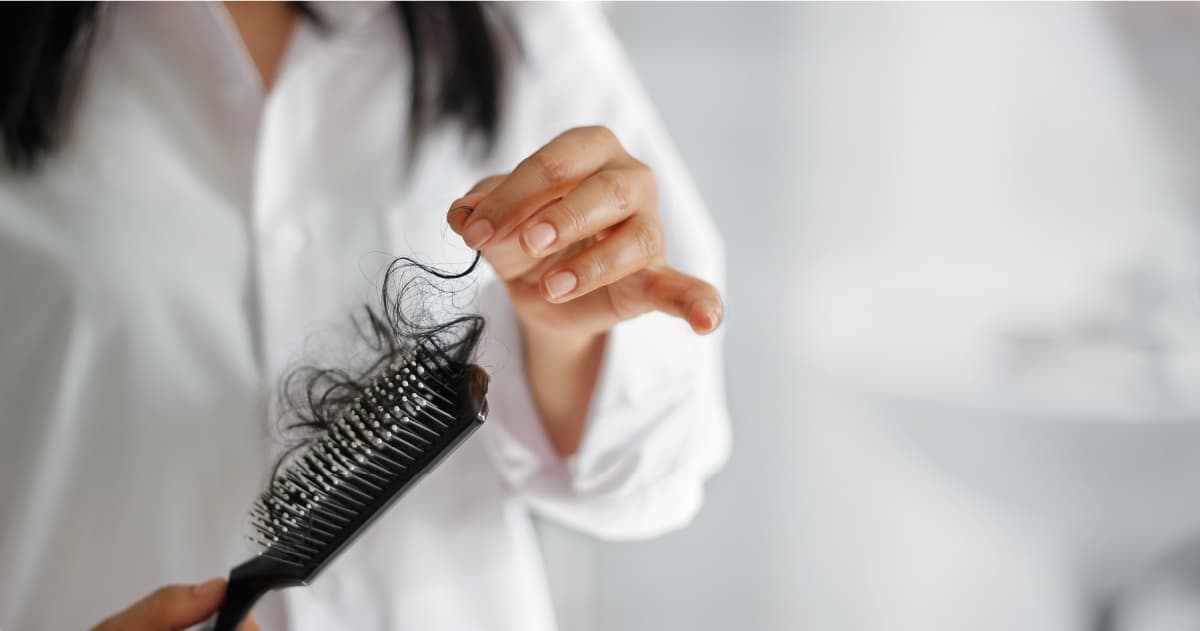
Hair follicles consist of rapidly dividing cells; naturally, they will be damaged by chemo. As a result, your hair will fall out easily, and the hair that grows back will seem much thinner and in some cases, even to be of a different shade [7].
This side effect affects up to 65% of chemo patients [8]. But there is a silver lining — it will end after finishing chemo. The majority of patients see hair regrowth after chemo, although this may take weeks or months [9].
8. Breathing difficulties
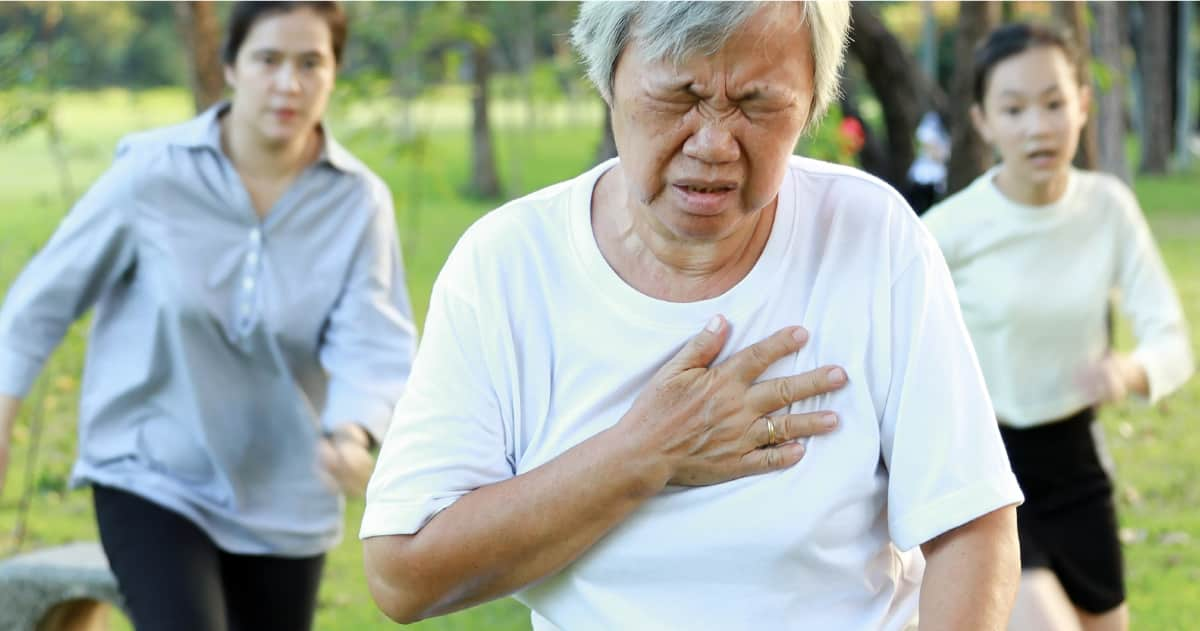
In some cases, chemo negatively affects and damages your lungs. It decreases lung capacity and makes your respiration less efficient.
Hence, you may find yourself short of breath, because your lungs are not supplying enough oxygen [10].
9. Increased incidence of rashes

As mentioned above, chemo affects the immune system negatively. When this happens, you may experience some skin changes that cause rashes and dry skin [11].
More severe rashes are linked to bruising, bleeding and increased risk of infection [12].
10. Mouth sores
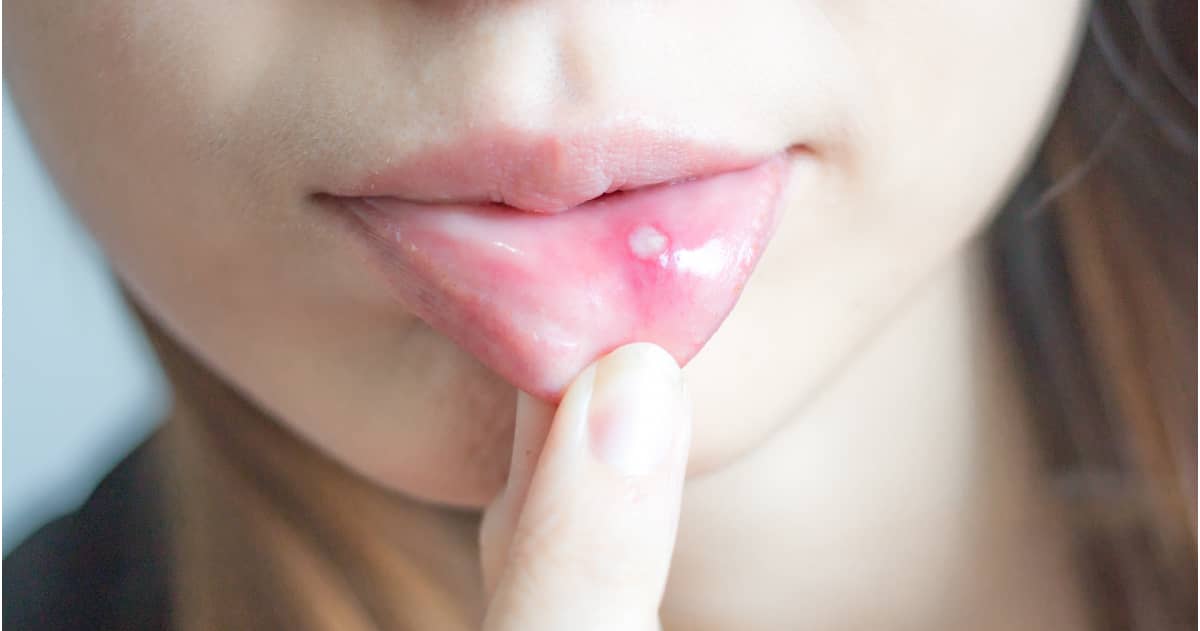
Also known as oral mucositis, they can be painful and distressing [13].
This happens when an impaired immune system allows fungi, bacteria and viruses to infect your mouth. They often appear on the:
- lips
- tongue
- gums
- roof or floor of your mouth.
In some severe cases, they may even occur in your oesophagus!
Sores can make it difficult for you to:
- chew
- swallow
- talk
- breathe
11. Swelling
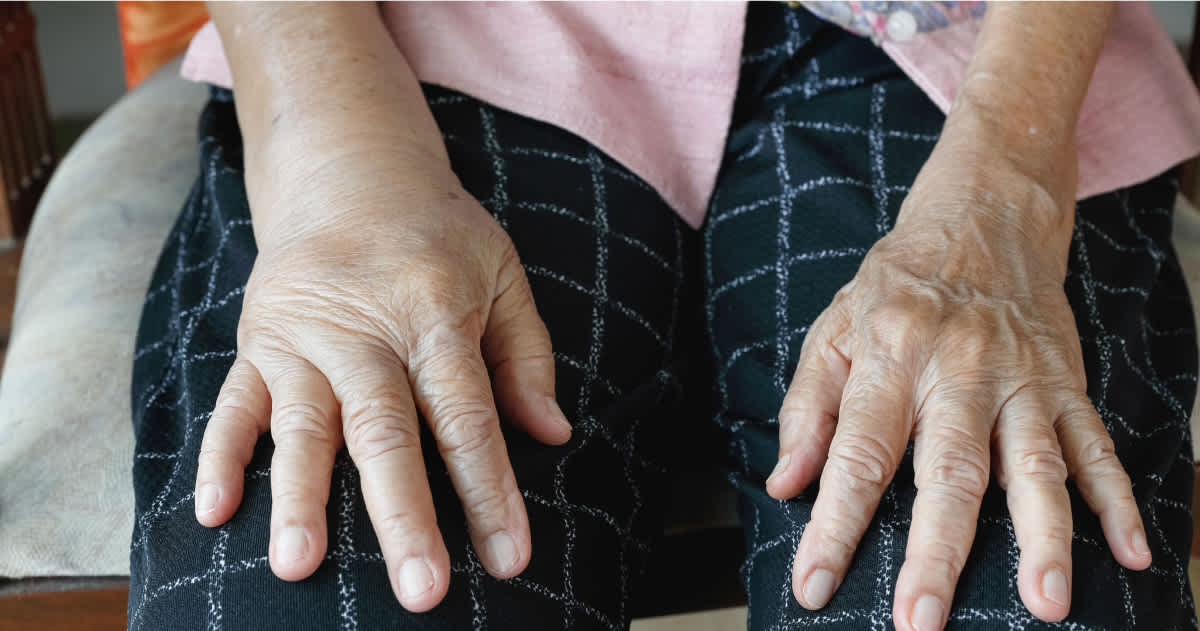
Chemo drugs can cause fluids to be retained in the body, thus causing swelling. Patients on chemo may notice swelling in their:
- feet
- hands
- face
12. Changes in personality and behaviour
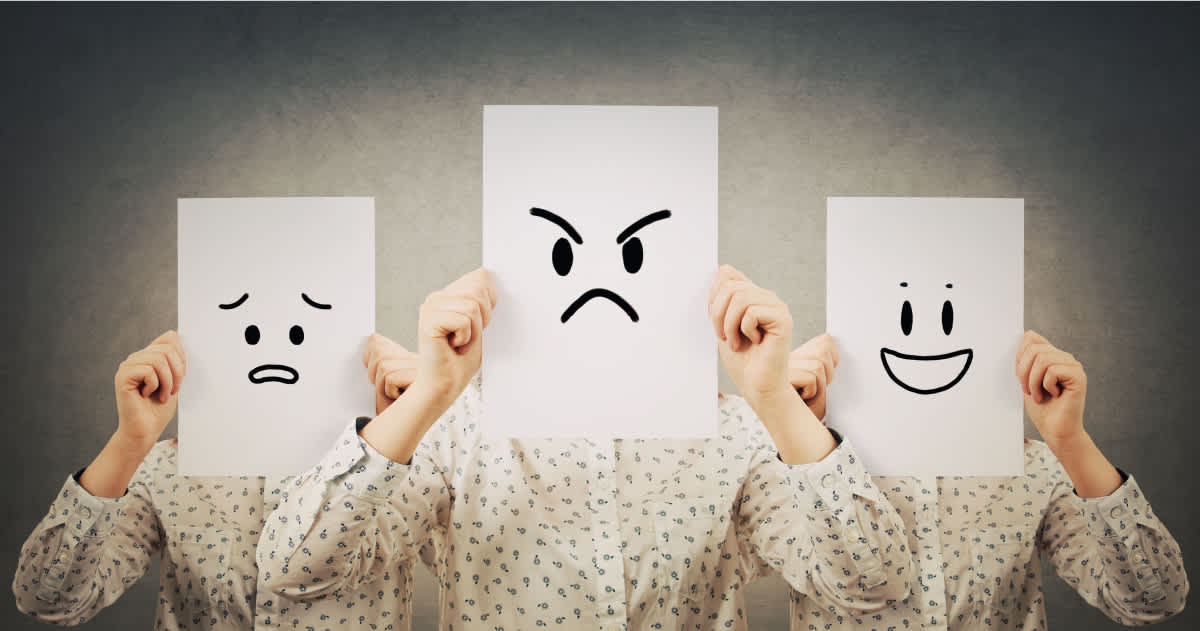
Patients may experience sudden changes in their behaviour as they start chemo. Depressive moods and anger may worsen, and cognitive thinking may also be affected.
As such, patients may find it hard to remember, concentrate or multitask. They may feel like their minds are in a constant state of fog (chemo brain) [14].
Anger is a common emotion experienced when on chemotherapy. While it's a completely natural response to cancer, given the stressful nature of the situation, the chemo can influence behaviour and cause sudden aggression and angry outbursts commonly known as “chemo-rage” or “roid-rage”.
A drastic and sudden change in behaviour can be upsetting not only for the patient going through chemo but their loved ones too. Thus, it is important to acknowledge the effect chemo has on a person's mental state and respond appropriately.
13. Heart issues
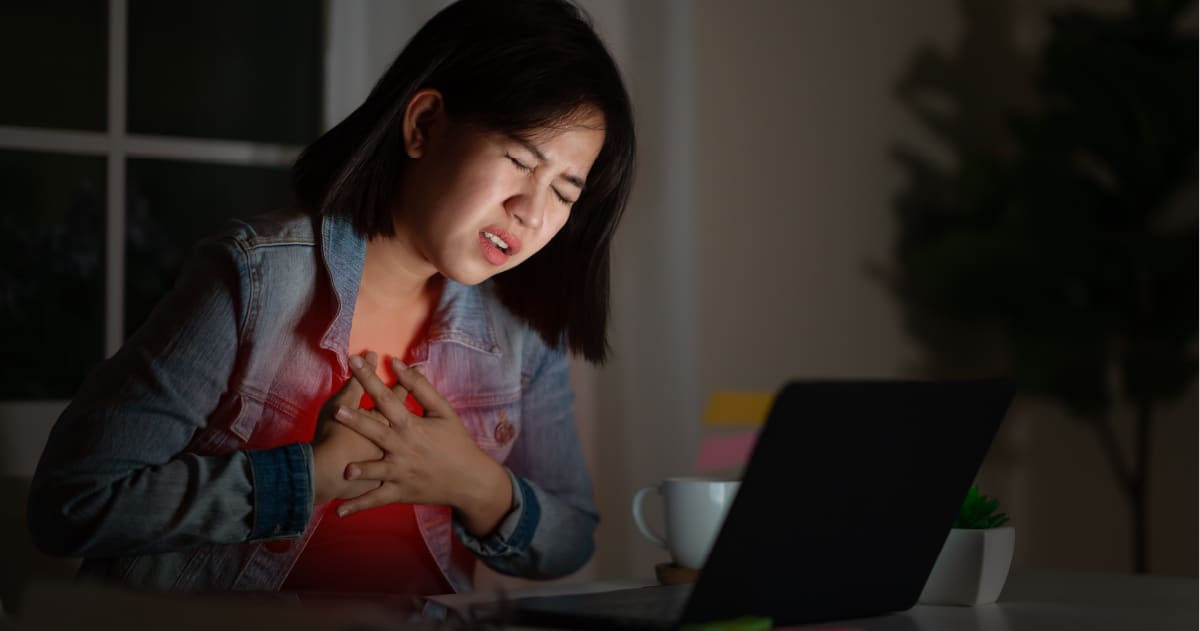
High doses of chemo carry a risk of heart failure. To prevent patients from being exposed to the unnecessary risk of heart failure, low dosages of chemo are often prescribed.
However, the downside to the lower dosage is that it will not be nearly as effective in killing the cancer cells.
Read how Chemotherapy is used in Lung Cancer Treatment and in Cervical Cancer Treatment in Singapore
Conclusion
As you can see, chemotherapy can cause many side effects. If you experience any of the side effects as mentioned above and they are affecting your quality of life, speak with your oncologist.
He/she will decide on the appropriate treatment for you to manage these effects while going through chemo.
Dr Ooi Wei Seong is an oncologist at International Cancer Specialists. His main interest lies in the treatment and management of lung, breast, and colon cancers. On top of his clinical work, he is also an active speaker, tutor, and researcher who has participated in multiple clinical trials.





